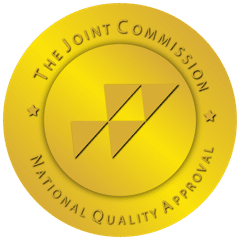Most inpatient programs last 30 to 90 days, though for those with a history of relapse can extend up to 120 days, and outpatient programs typically run 8 to 12 weeks. However, the length of treatment depends on the severity of your addiction, your specific treatment needs, and your continued engagement with treatment.
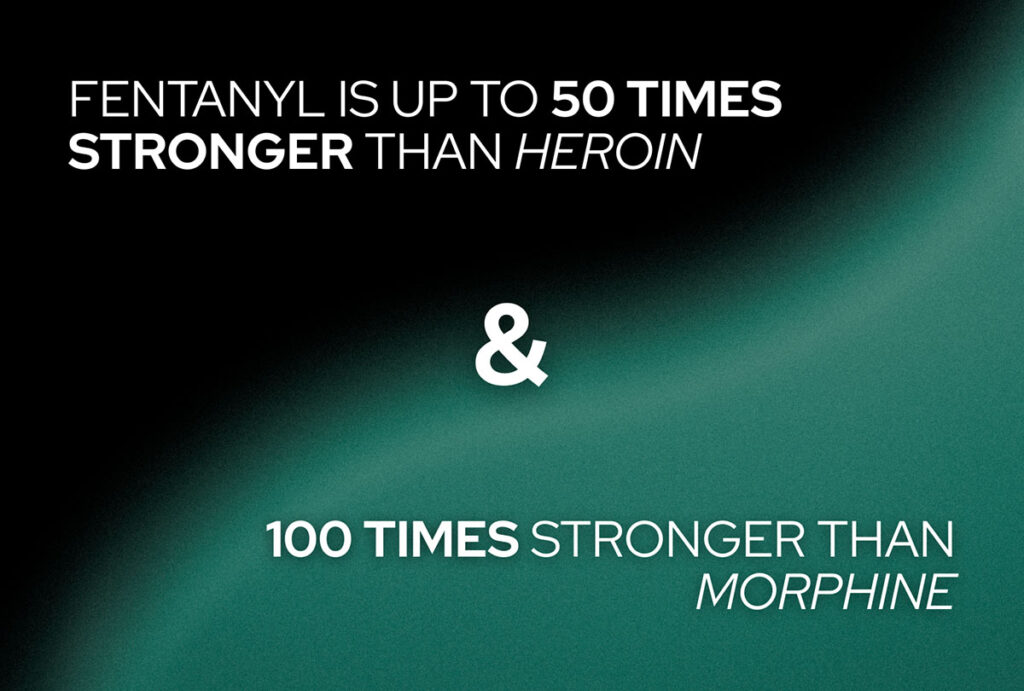
Fentanyl is one of the most powerful opioids in circulation today, responsible for over 70,000 overdose deaths in the U.S. in 2022 alone, according to the CDC. Because of its strength and high risk of dependency, rehab often requires a longer and more structured approach compared to other substances. Therefore, remaining in fentanyl addiction treatment for the entire duration and setting up a lifestyle and support system after treatment that aids you in maintaining your goals can help you live a healthy, substance-free life long term.
What Affects the Duration of Fentanyl Rehab?
Effective treatment is tailored to each person’s individual needs and the length of treatment depends on several key factors:
- High Dependence as fentanyl is up to 50 times stronger than heroin and 100 times stronger than morphine, regular users often build a strong physical and psychological dependence which requires a longer treatment process.
- Withdrawal Intensity, although not life-threatening, fentanyl withdrawal can be extremely uncomfortable, and can start within 2 to 4 hours of last use and peak between 24 to 72 hours, often with severe symptoms such as extreme anxiety, insomnia and muscle pain. Managing this process safely can lengthen rehab stays, especially in inpatient settings.
- Co-occurring Conditions affect around 45% of people with substance use disorders. Treatment for dual diagnosis conditions must take place in a comprehensive way that accounts for the whole person, not only their disorder often requires extended rehab durations.
- A Personal History with Substance Use may need more comprehensive care and ongoing structure which is likely to affect the duration.
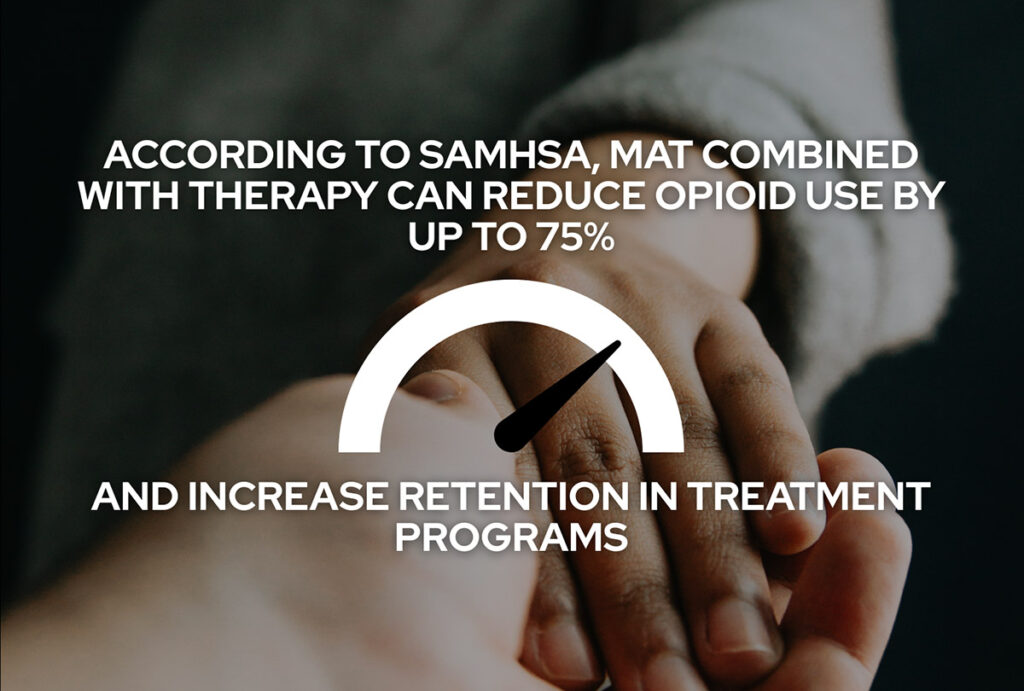
Do 120-Day Programs Work for Chronic Relapse?
Yes, the National Institute on Drug Abuse actually recommends a longer stay in rehab to ensure more successful outcomes. The extra time can help patients with more severe substance use complications. It also lets patients adjust to abstinence and develop better strategies for staying sober—addiction rewires the brain, and building new thought patterns takes time.
120-day rehab programs are especially beneficial for individuals who’ve been through treatment before but returned to use or if someone is managing both fentanyl addiction and a mental health condition, it gives medical teams more time to find the right combination of therapies and medications. The final weeks of a longer rehab stay are often used to create aftercare plans, coordinate outpatient therapy, or arrange sober living support.
What’s the Difference Between Inpatient and Outpatient Fentanyl Rehab?
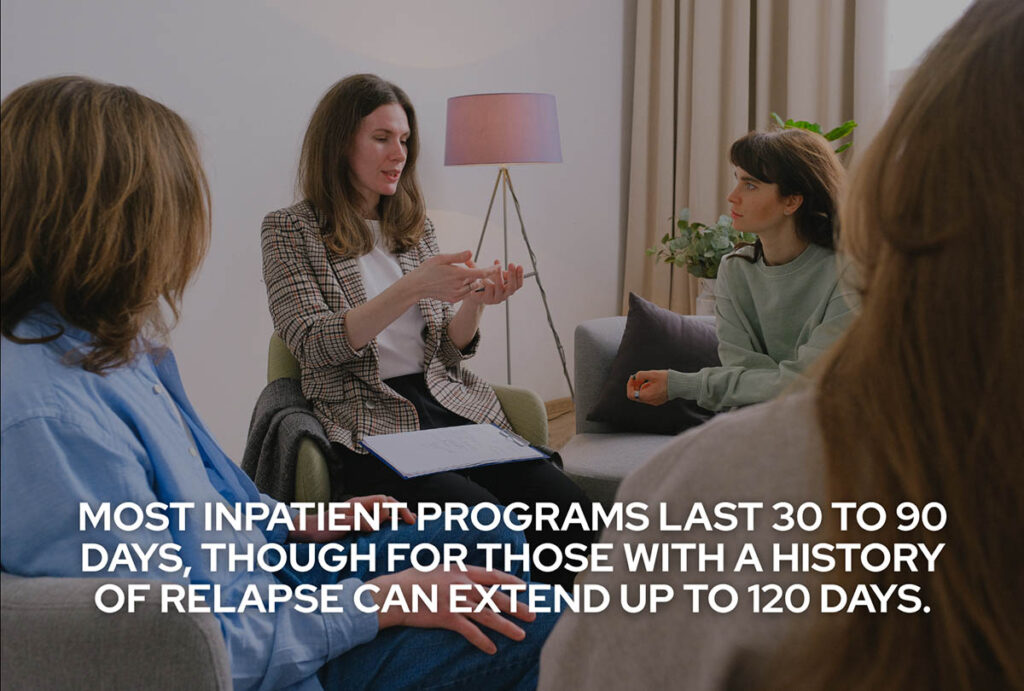
The biggest difference lies in the level of structure and support.
- During inpatient treatment, residents can completely focus on getting well and sober without the distractions of everyday life. It is typically 30 to 90 days and begins with medically assisted detox. All patients have access to 24 hour medical attention as well as emotional support, and this attention can mean the difference between relapse and recovery. Inpatient rehab is ideal for individuals with high risk of relapse or severe withdrawal symptoms.
- Outpatient Rehab is usually 8–12 weeks and generally considered to be less restrictive than inpatient programs as patients live at home but attend 3 to 5 scheduled sessions per week (depending on the program). These programs require a higher level of self-discipline and is best for those with a strong support system. Many people who were previously in inpatient transition to outpatient rehab as a step-down process.
Can Outpatient Fentanyl Rehab Go Beyond 12 Weeks?
Many outpatient programs start with a standard 8- to 12-week structure, but treatment can be extended to 16 weeks or more if cravings and triggers remain high. Longer outpatient care gives individuals the chance to solidify coping strategies and gradually reintegrate into work, family, or social life without rushing the process.
How Is Medication-Assisted Treatment (MAT) Used for Fentanyl?
Fentanyl detox uses other opioids to help slowly wean someone off fentanyl so that they don’t experience physical withdrawals and cravings. During the process patients will receive 24 hour supervision and medication management. These medications include:
- Buprenorphine acts similarly to opioids but is far less potent; it attaches to the same receptors that fentanyl does but only partially activates, which helps ease withdrawal symptoms and cravings.
- Methadone is a long-acting opioid agonist that blocks the effects of fentanyl while preventing withdrawal.
- Naltrexone is typically used in later stages to block the euphoric effects of opioids.
According to SAMHSA, MAT combined with therapy can reduce opioid use by up to 75%, and increase retention in treatment programs.
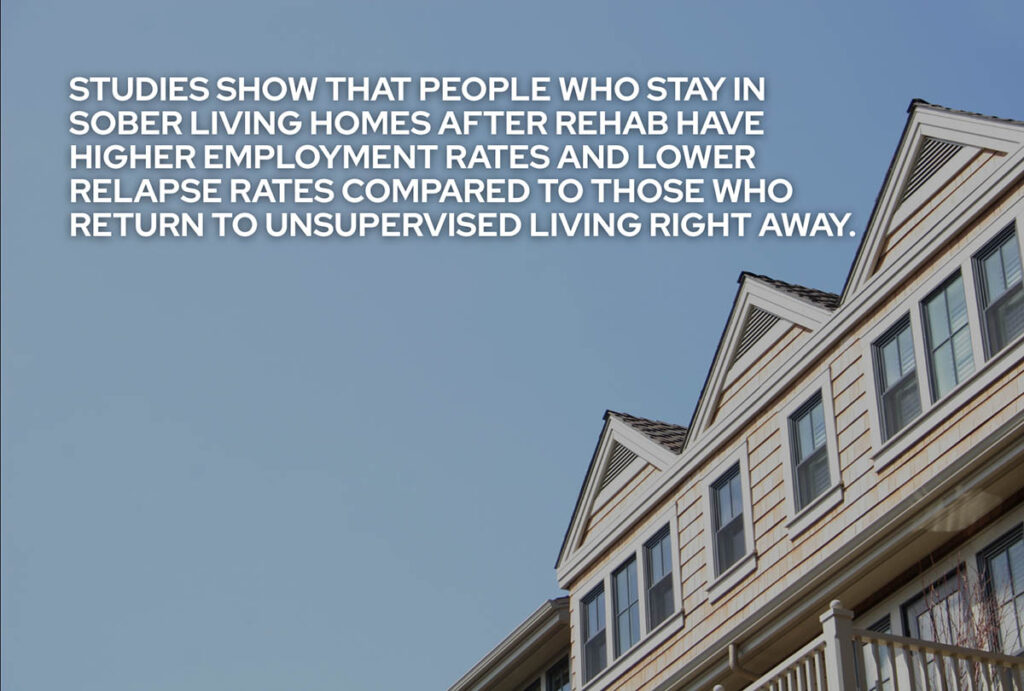
Do Sober Living Homes Benefit Fentanyl Recovery?
Yes, sober living homes are drug and alcohol free residences that provide a safe and supportive environment for recovery. These homes help residents meet their needs and goals, and studies show that people who stay in sober living homes after rehab have higher employment rates and lower relapse rates compared to those who return to unsupervised living right away.
Rehab timelines vary but treatment doesn’t need to be confusing. Whether you’re considering a 30-day stay or looking into long-term outpatient care, our team at Liftoff Recovery is here to help.




